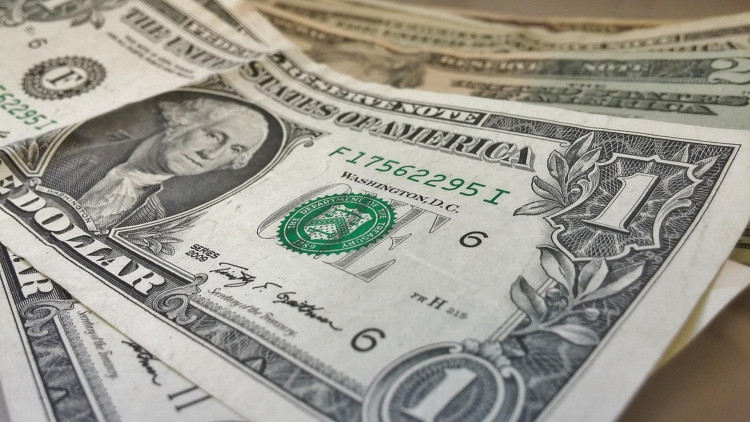The de facto central bank of Hong Kong moved in once again to protect its currency peg, as the local currency hit the strong end of its 7.75 to 7.85 per USD trading band for the first time since December 2015.
The Hong Kong Monetary Authority sold $360 million of its currency in the early hours of Wednesday, based on update from its Bloomberg page, following sales of $1.55 billion Hong Kong dollars late Tuesday. The balance, a gauge of interbank liquidity, will rise to $63.4 billion HK dollars.
The financial authority initiated action in line with the policy of Hong Kong dollar's peg to the US currency, the central bank disclosed in a media release, Tuesday evening. HKMA's most recent intervention was in March last year, when the local currency touched the weak end of the band, and it last sold Hong Kong dollars in October 2015.
The currency rallied in the past few weeks as local interest rates broadened their edge over US notes and in the midst of robust demand for local shares, attracting more investments to the city, analysts said.
Hong Kong has effectively imported US financial policy thanks to its currency peg, even if domestic rates do not always monitor those across the Pacific region.
Recent stability in Hong Kong' currency is proof of a growing divide between domestic borrowing expenditures and those in the US, rather than investor confidence in the Asian metropolis' projections.
Advances in the local currency have been largely buoyed by rallies in carry-trade movements and bond-linked demand, HKMA Chief Executive Eddie Yue pointed out in a statement Tuesday, stressing that bigger fiscal costs will also lift demand for Hong Kong's dollars.
The Hong Kong dollar remained nearly flat at 7.7502 per USD as of 9:00 a.m. local time. The local currency has climbed 0.5 percent so far in the year, the best rally among 31 key exchange rates next to the Japanese yen.
As risks brought by the ongoing health scare on the world markets are still transpiring, money markets will continue to witness significant volatility, Yue stated in the media release.
The bustling city bore the brunt of economic disruptions caused by widespread anti-government demonstrations in 2019, as well as the coronavirus crisis this year.
Meanwhile, Fitch Ratings downgraded Hong Kong's foreign currency debt to Double-A minus, from Double-A, with a steady forecast. The ratings agency noted Hong Kong's GDP is estimated to weaken by 5 percent this year following a 1.2 percent drop in 2019.






